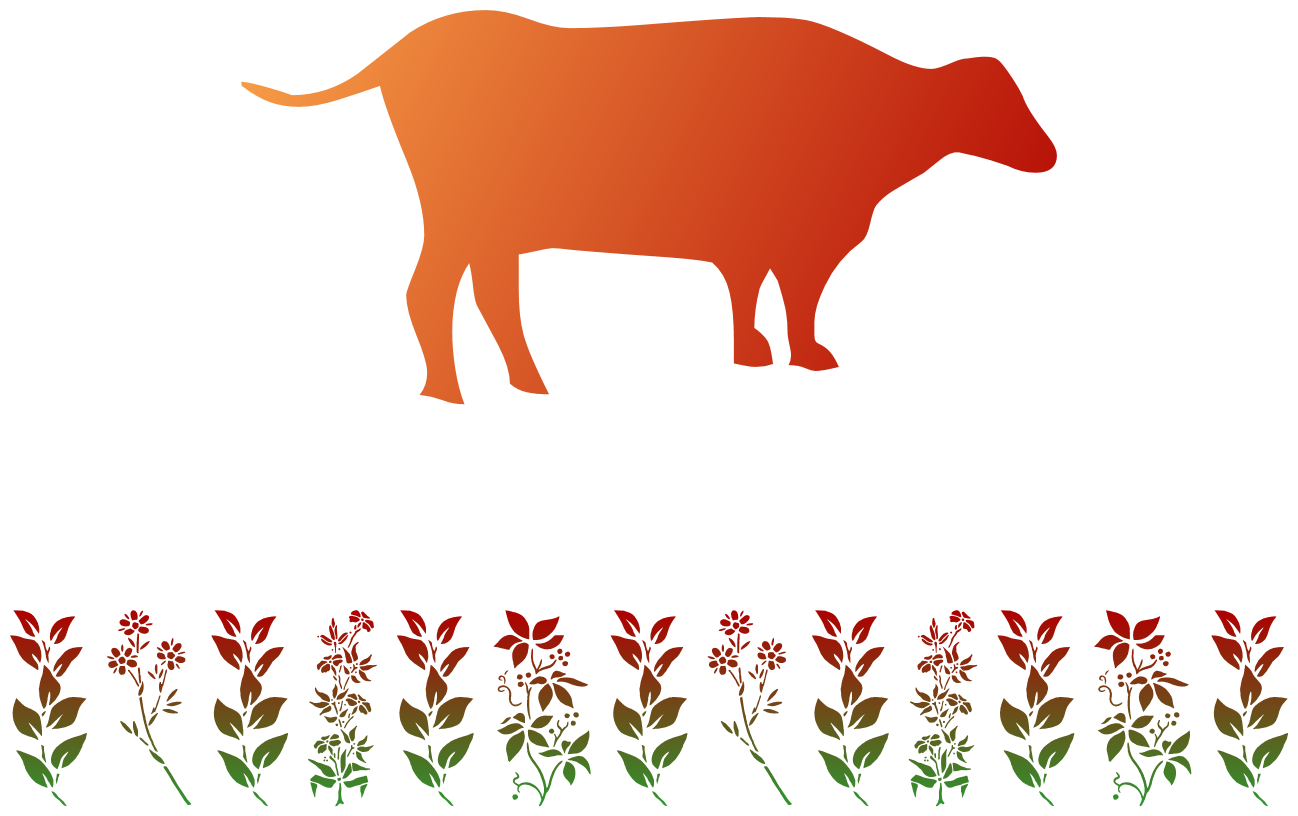 Śrīla Bhaktivedanta Nārāyaṇa Mahārāja: Onion and garlic have much poison. Therefore, Indians prohibited onion and garlic in the past. So, one should never eat onion and garlic. You should stop eating onion and garlic from today. Can you not live without eating onion and garlic? Instead, you can eat sweets, parāthas, and other kinds of food. Onion and garlic can even lead to cancer. They have many types of worms also. They also lead to a person becoming lusty. It is said that people, who eat onion and garlic are very lusty. Like I said earlier, there is poison in onion and garlic. Therefore, by avoiding these foodstuffs, your mind will be pure, and you will be able to chant harināma.
Śrīla Bhaktivedanta Nārāyaṇa Mahārāja: Onion and garlic have much poison. Therefore, Indians prohibited onion and garlic in the past. So, one should never eat onion and garlic. You should stop eating onion and garlic from today. Can you not live without eating onion and garlic? Instead, you can eat sweets, parāthas, and other kinds of food. Onion and garlic can even lead to cancer. They have many types of worms also. They also lead to a person becoming lusty. It is said that people, who eat onion and garlic are very lusty. Like I said earlier, there is poison in onion and garlic. Therefore, by avoiding these foodstuffs, your mind will be pure, and you will be able to chant harināma.
Sañjaya dāsa: There’s a story about a brāhmaṇa’s wife. She ate a piece of a cow, and some of it turned into carrot, some of it turned into garlic, some of it turned into onion, and the blood turned into red lentils. Is that story true?
Śrīla Bhaktivedanta Nārāyaṇa Mahārāja: It is quite true; so we should not eat those things. What Vyāsadeva has written is true. Vyāsadeva knows everything – past, present, and future – and he is able to see what qualities are present in each entity. For example, Bhagavad-gītā describes the sāttvika (mode of goodness), tāmasika (mode of ignorance), rājasika (mode of passion), and nirguṇa (transcendental) natures of various persons, plants, foodstuffs, activities, knowledge, and so on.
Śrīpāda Mādhava Mahārāja: American scientists have discovered in their laboratories that there are twenty-one different types of slow-acting poisons in both onions and garlic; they are not innocent foods.
In Satya-yuga, the sages performed gomedha (cow) and aśvamedha (horse) sacrifices for the welfare of the universe. [This was done to give evidence of the efficacy of the recitation of the Vedic mantras uttered during the sacrifice.] A very old cow or horse would be sacrificed by being cut into pieces and placed in the sacrificial fire. Afterwards the ṛṣis would utter mantras, and the same animal would come to life in a beautiful young body.
Once, the pregnant wife of a sage who was about to perform a gomedha sacrifice had a very strong desire to eat. She had heard that if, during pregnancy, one has a desire to eat and does not fulfil that desire, the newly born child will continually salivate. This would be troublesome for both the mother and the child.
She had a strong desire to eat meat, and thus she stealthily took one piece of meat from the body of the cow that had been offered in the sacrifice. She hid it and was planning to eat it later on. In the meantime, the sage was finishing the sacrifice and uttering all the mantras for the cow to come to life. When he saw the new cow, he noticed that there was a small part missing from her left side. He was surprised because this had never happened before. He went into meditation and realized that his wife had taken away a piece of meat during the sacrifice.
Due to the effect of the mantras uttered by the sage, there was now life in this small piece of meat. Therefore, the wife now also understood what had happened, and she quickly threw the meat far away. Shortly afterwards, red lentils sprouted from the blood of this meat, garlic sprouted from the bones (garlic and the bones of a cow are both white), and onions and carrots sprouted from the flesh. Thus, these foods are never eaten by any Vaiṣṇava. They are foods in the mode of ignorance.
Trilokanātha dāsa: Yesterday we received an e-mail from a devotee who is making carrot cakes and distributing them as prasādam She is wondering if it is just the Indian carrots that we cannot eat. The North American carrot is orange, rather than red. She is wondering whether this should not be eaten as well, or it is okay to eat.
Śrīla Bhaktivedanta Nārāyaṇa Mahārāja: There are two kinds of carrots. One is very dark red and one is orange. Though I don’t take either of these two types of carrots, I have allowed the Western devotees to take the orange type because it is not red like blood. The red one is like blood, so they should not eat it.
I have also allowed the Delhi devotees to eat carrots, but I don’t eat either one.
The horse sacrifice yajña or cow sacrifice yajña performed by the Vedic regulations shouldn’t be misunderstood as a process of killing animals. On the contrary, animals offered for the yajña were rejuvenated to a new span of life by the transcendental power of chanting the Vedic hymns, which, if properly chanted, are different from what is understood by the common layman. The Veda-mantras are all practical, and the proof is rejuvenation of the sacrificed animal.
http://www.vedabase.com/en/sb/1/12/34








